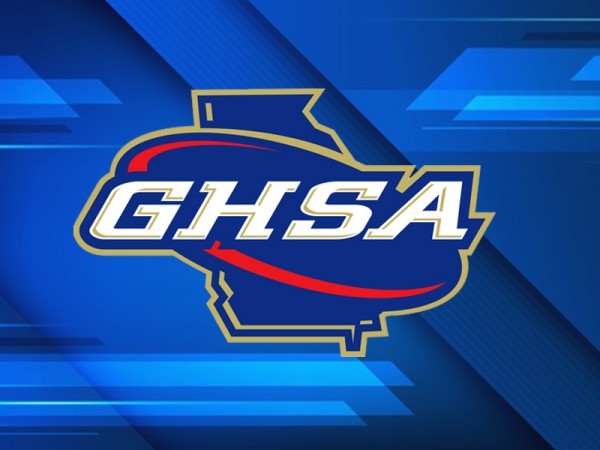As we get ready to start another high school football season in Georgia and excitement builds ahead of the great games we're about to spend our Friday nights watching, one question keeps popping up around the state: What's up with these new power ratings?
For those who haven't paid attention to the latest reclassification round, the GHSA voted to have all private schools in classifications AAA through A Division I play in a separate playoff.
However, they will still compete in regions with the public schools in their respective classifications, meaning they can win region championships and take a state playoff seeding from those regions that would otherwise go to public schools but not compete against them in the playoffs.
The move to include private schools in the GHSA's playoff bracket is not completely unprecedented. Just a few years ago, the old Class A was split into public and private brackets at the behest of public schools in the lowest classifications, who claimed the private schools had too large an advantage.
That brings us to the point of this column: the ongoing spat between public and private schools and the GHSA's never-ending struggle to reconcile the two.
It's time to rip off this decades-old bandage: Georgia's public and private schools must be separated.
I don't say that with a great deal of glee. I played football at a public school in Georgia, but I am not one who relishes the opportunity to kick those darned private schools to the curb.
I've argued for years that putting all of the best football teams in Georgia on the same field creates a more comprehensive form of competition. It's entertaining to watch public and private behemoths like Cedar Grove and Eagle's Landing Christian play head-to-head.
However, I'm more concerned with the structure of the sport making sense. This new system used in classes AAA through A Division I just doesn't.
It's not the power rating itself that bothers me. While I generally support a more cut-and-dry record-based seeding system, I can see the validity of a well-done power rating being used to seed teams in a given classification.
What does not make sense is choosing to separate public and private schools into their own playoff brackets while simultaneously allowing the private schools (which are a small minority of the total schools for most of the affected regions) to compete for and win region championships and seedings that do not affect their postseason standing but greatly affect the seedings of the public schools they won't be playing in the postseason.
Take Region 7-AA, for example. If North Cobb Christian were to win the region over, say, last year's state runner-up, Rockmart, they would take the region championship trophy and deny Rockmart the top seed in the public bracket, even though the Yellow Jackets would be the top public school from their region. The Eagles, meanwhile, would be seeded in the private school bracket based on their power rating.
If a married couple is in counseling, a good sign that the attempts to reconcile need to end is the point at which the counselor is being broken in half trying to make the two get along.
That is the point we have reached with the public and private schools and the GHSA.
The public schools, who largely run the league due to their sheer numbers advantage, have made it clear that they are willing to snap their playoff structure in half just to keep a handful of private schools from beating them in the postseason. They're practically begging the private schools to leave.
I believe it's time for many of them to do just that.
Administrators at the private schools that have stuck through the GHSA's various restructurings will point to the prestige of the league and the eyeballs being in it draws as opposed to the GIAA (formerly GISA.) It could be argued, however, that the more successful private schools have more than proven their merit in their years in the GHSA and could still draw public attention by defecting to form a larger GIAA structure.
There are just over 80 private schools in Georgia that currently play 11-man football. Most of them are currently in the GIAA, including local schools Lakeview and Riverside. Imagine if the bulk of the GHSA's private schools jumped there as well. The credibility of the league would improve and the attention it draws along with it.
For now, the season is kicking off under the new GHSA format, and the arguments between the public and private school administrators will continue in Thomaston.
Where have we heard that before?









